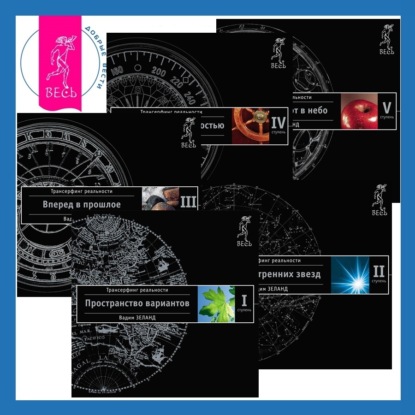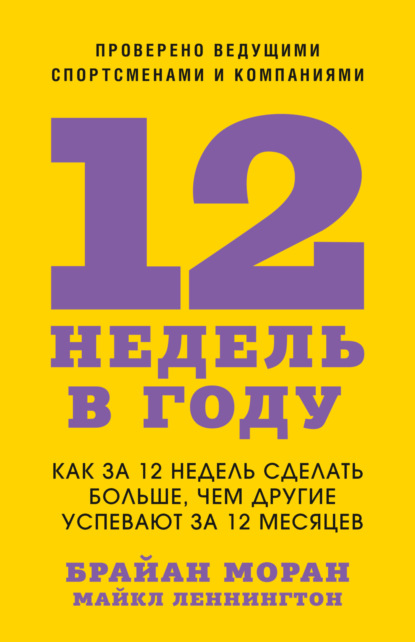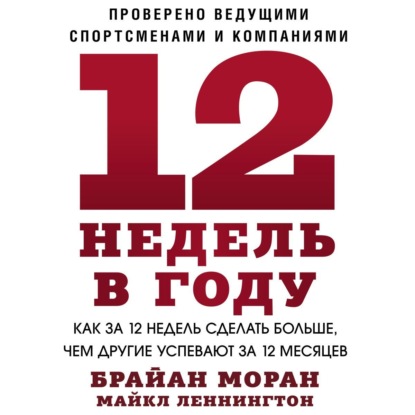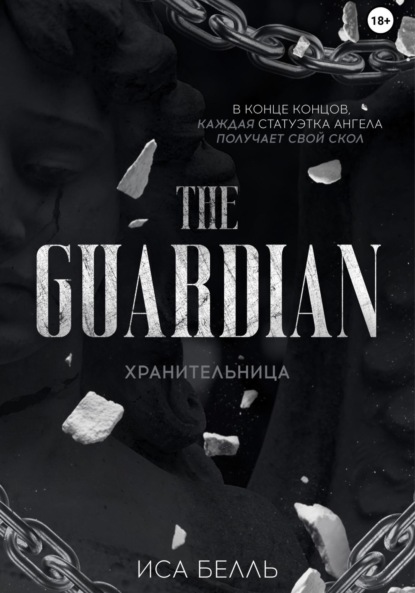Professor Delta Quinn teams with investigative reporter Caleb Barthes to unravel the mystery of the zombie seed, the genetically-modified follow-up to the "terminator seed." This fact-based fiction is an academic novel that relies on fast-paced action as well as theoretical insights. Using the cultural icon of the zombie to address work alienation and contemporary apathy is perfect for the purposes of having the reader examine corporate greed in a global world. The cast of characters brings this global aspect to life. In the backdrop of the novel, a history of the zombie unfolds-a history of the violence that Haiti and African diaspora have suffered. Yet, it is Delta"s research into narratives of partner abuse that lead her to grapple with her own tragic past and take brave steps toward ending the abuse of others. This social justice book is based on award-winning research in rhetorical ethnography and is being assigned for courses in rhetoric, ethnography, narrative, organizational communication, and diversity, but would fit with others (e.g., ethics, interpersonal, public relations, journalism, sociology, philosophy) where examining the individual"s role in the life-world is not only promoted but expected. If the novel doesn"t do it, then the facts found at the end of the book should "wake up" any remaining zombies. Robin Patric Clair is a Full Professor, Diversity Fellow and a Fellow to the Center of Creative Endeavors at Purdue University. She has won research awards in rhetoric, narrative, ethnography and organizational communication, including two "Outstanding Book of the Year" awards, two "Best Research Article of the Year" awards, the "Golden Anniversary Award" and multiple "Top Paper" Awards for her research. Это и многое другое вы найдете в книге Zombie Seed and the Butterfly Blues
Zombie Seed and the Butterfly Blues (книга)
Подробная информация о книге «Zombie Seed and the Butterfly Blues ». Сайт не предоставляет возможности читать онлайн или скачать бесплатно книгу «Zombie Seed and the Butterfly Blues »















